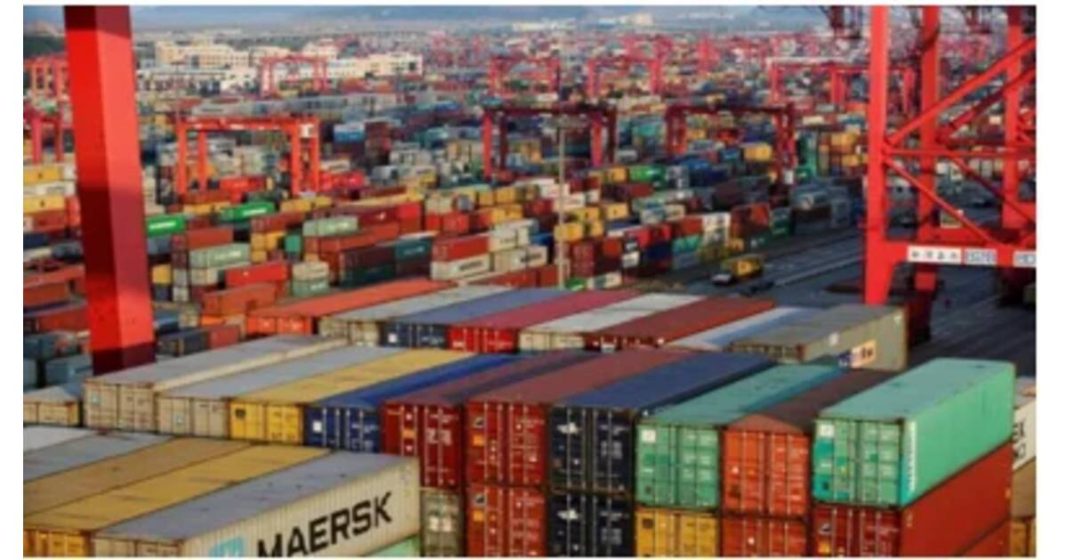China must strive for the “balanced development” of imports and exports, its commerce minister said Friday, a day after meetings on the country’s future policy priorities concluded in Beijing.
#Latest “We look at both #GDP and #GNI, valuing not only the ‘Chinese economy’ but also the ‘Chinese people’s economy,’” China’s Commerce Minister Wang Wentao said at a press on Friday.
He noted that China will enhance the “Invest in China” brand and build new advantages in… pic.twitter.com/CUdZ86wpLX— China News 中国新闻网 (@Echinanews) October 24, 2025
The four days of closed-door discussions began on Monday and involved high-ranking officials outlining long-term strategies for the 15th Five-Year Plan, which starts next year.
It is an uncertain time for the world’s second-largest economy, which has been beset by sluggish domestic spending, a protracted property sector crisis and a turbulent trade war with the United States.
China’s large trade surpluses with the United States and the European Union have drawn sharp criticism from their leaders who say Beijing is flooding markets with cheap goods, hurting local firms.
The country’s commerce minister said Friday that it had to balance the development of its imports and exports.
“Efforts must be made to expand imports… to meet the needs of industrial transformation and upgrading as well as the needs of people’s better lives,” Wang Wentao told reporters at a news conference.
China’s trade surplus with the United States reached $295.4 billion last year, according to the US Commerce Department.
Beijing has been reluctant to disrupt that status quo, but a worsening trade war weakens officials’ ability to pin strong growth this year on exports, which hit a record high in 2024.
Leaders emphasised in a readout on Thursday that China will share opportunities and common development with countries around the world, a nuanced tweak from previous language, the National University of Singapore’s Bert Hofman told AFP.
It “may be in response to the growing pushback against China’s external surpluses, which many developing countries fear would undermine their own development”, he added.
Read more: How a ‘dark fleet’ of tankers helped a Mexican cartel build a fuel-smuggling empire
– ‘Polish the brand’ –
Wang also vowed that China will create a more favourable environment to attract foreign investment in the next five years.
“We must polish the brand of investing in China, create new advantages in attracting foreign investment… create a transparent, stable and predictable business environment,” he added.
China will continue to “proactively” facilitate opening-up and “expand our circle of economic and trade friends”, Wang said.
The country has been caught in a tit-for-tat trade row with Washington, though the world’s two biggest economies are seeking to avoid further escalating tensions.
US President Donald Trump will meet Chinese counterpart Xi Jinping in South Korea next Thursday, the White House said.
Officials from both sides are meeting in Malaysia on Friday for another round of trade talks.
China has poured support and investment into developing its science and technology sectors, part of ongoing efforts to present itself as a world leader in those areas ahead of Washington.
Read more: US sanctions Russian oil companies as Moscow holds nuclear drills
On Friday top officials vowed that the next decade would see development of high-tech industries on a massive scale in the country.
Industries such as “quantum technology… hydrogen and nuclear fusion energy, (and) brain-computer interfaces… are poised to gain momentum”, development official Zheng Shanjie told reporters at the same news conference.
“The new scale added in the next 10 years is expected to reshape China’s high-tech sector,” he added.
With additional input by GVS US and Intl desk














